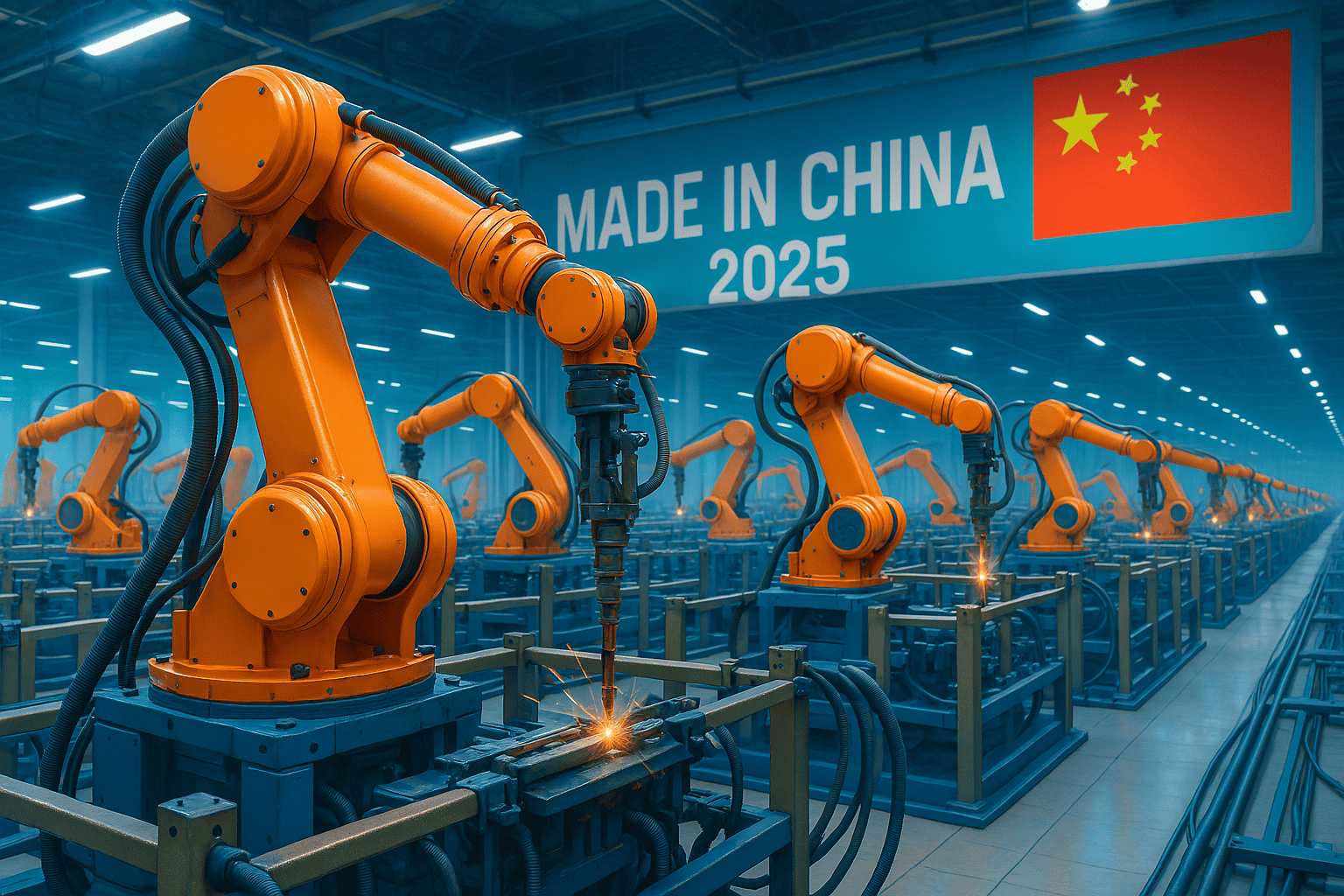Courtney Fung is a scholar who researches global governance and international security, with a major focus on the role of China. Currently an associate professor in the Department of Security Studies & Criminology at Macquarie University in Australia, she has previously held academic roles at the University of Hong Kong and carried out postdoctoral research at Harvard University. Fung has a B.Sc. from the London School of Economics, a Master's degree from George Washington University and a



